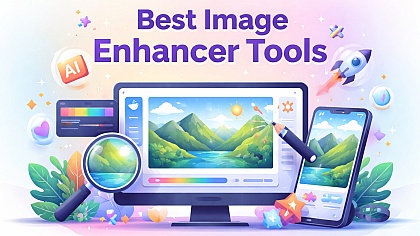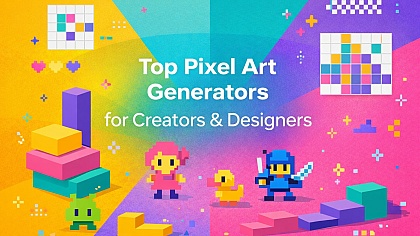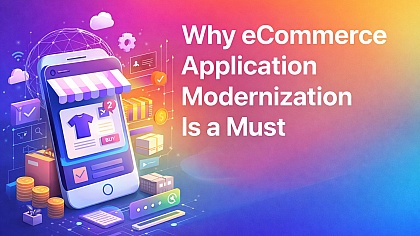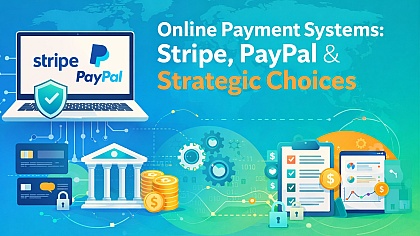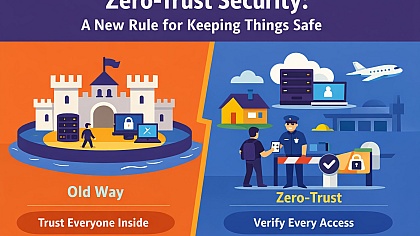
Entity SEO in 2025: Optimise for Google’s Knowledge Graph
How to Optimise for Google’s Knowledge Graph and Own Your Niche
Search engines are evolving. If you’re still approaching SEO as a checklist of keywords and backlinks, you’re falling behind.
In 2025, Google prioritises context and authority. That’s where Entity SEO comes in. Entity SEO isn’t about guessing what keywords someone might type into a search bar. It’s about building a body of content that Google can understand and trust at a conceptual level.
You’re not just optimising for terms. You’re shaping how search engines understand your brand.
This shift is being felt across industries, from global ecommerce brands to regional service providers. In competitive spaces, aligning your content with how Google understands concepts is becoming essential.
What Is Entity SEO?
At its core, Entity SEO means optimising for things that Google recognises as unique. These include concepts, people, organisations, or places that are stored and connected in the Knowledge Graph. Think of it as teaching Google how everything on your website fits together and what it all means.
Entities aren’t vague keywords. They are specific, recognisable topics. "Cooking" is an entity. "Digital marketing" is an entity. "Nike" is an entity. These terms link to structured data in Google’s systems.
If your content aligns with and contributes to those definitions, your pages are more likely to rank.
Why It Matters Now
In 2025, Google's algorithm will use more natural language processing than ever before.
With updates like BERT and MUM, Google is designed to understand context in a way that’s much closer to how people do.
According to Google, MUM is 1,000 times more powerful than BERT and is trained across 75 languages to better understand nuances in information.
That means Google isn’t just looking for keywords anymore. It’s asking: Is this page clearly about this topic? And does this site consistently demonstrate experience and expertise?
Entity SEO helps you answer yes to both of those questions. If your site is built around clear themes and shows subject-matter depth, you’re more likely to show up in rich results like Featured Snippets and Knowledge Panels.
A 2023 study by Milestone Research found that websites using schema markup see up to 30% higher click-through rates and a 20% average increase in impressions.
For businesses that depend on regional traffic, entity optimisation can have a big impact. For example, service providers often benefit from working with a digital marketing agency in Bristol that understands how to structure content around specific locations and services.
These agencies often build strategies that include SEO services like schema implementation, internal linking and content clustering to improve how Google sees your site.
Key Components of Entity SEO
To make this work, you need to combine technical structure with content clarity.
Start with topic clusters. Don’t create isolated pages. Instead, group related pages around a core theme.
For example, a law firm might have a cluster for personal injury that includes content on car accidents, medical negligence and workplace claims. Together, these pages show depth and signal authority.
HubSpot research shows that websites with clear topic clusters see stronger performance across search visibility and time on site.
Next, use structured data. Add Schema.org markup to your pages to give Google more context. Prioritise types like Organisation, LocalBusiness, Service and FAQPage. This helps Google understand the role and meaning of each page.
Consistency is also important. Make sure your business name, address, and phone number are the same across your website, Google Business Profile, social platforms, and citations. This helps Google connect the dots and treat your brand as a legitimate entity.
Make sure your authorship is clear. With Google placing more value on Experience, Expertise, Authoritativeness, and Trust (E-E-A-T), your content should be written by real people with verifiable profiles. Link those author bios to public sources like LinkedIn, and use the sameAs tag in your schema to reinforce credibility.
Internal linking also plays a major role. Don’t just link pages for navigation. Use meaningful anchor text that connects related ideas. Google uses these pathways to understand how your topics relate to each other.
Finally, link out to trustworthy external sources when relevant. If you mention GDPR, link to the UK’s ICO site. If you reference a Google update, link to the official announcement. This shows you’re contributing to an established web of reliable information.
Tracking Entity SEO Performance
Once you’ve rolled out your entity-focused strategy, you’ll want to monitor its impact.
Use Google Search Console to track branded queries and topic-related performance. Check if your content appears in Featured Snippets or People Also Ask sections.
Tools like Kalicube Pro or InLinks can show how well your site connects to other known entities.
You can also use AI tools like ChatGPT or Perplexity to see how your brand is summarised. If those tools produce a clear, accurate description of your business, you’ve likely done a good job of reinforcing your entity.
Common Pitfalls to Avoid
One of the biggest mistakes is still writing with keywords as your only guide. That usually leads to thin or disconnected content.
Other missteps include forgetting to add schema, skipping author attribution, or being inconsistent with how your brand appears online. If your company name or location is formatted differently across platforms, Google might not fully trust your identity.
Entity SEO is not a trend. It’s the current state of how Google organises and evaluates online information. It helps the algorithm understand what your site is about and whether it can trust it.
If you’re building a brand in a competitive market or expanding globally, this approach should be at the heart of your SEO strategy. By organising content around real topics, backing it with structured data, and showing clear expertise, you give yourself a stronger chance of being found.
This isn’t about gaming the system. It’s about making your site clearer, more helpful, and more connected. And that’s exactly what Google is looking for.


